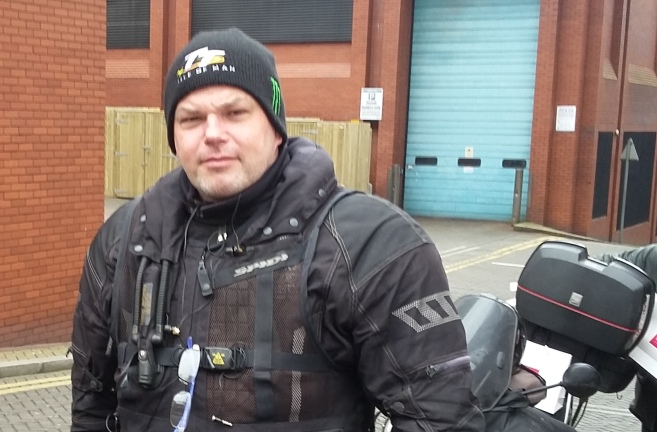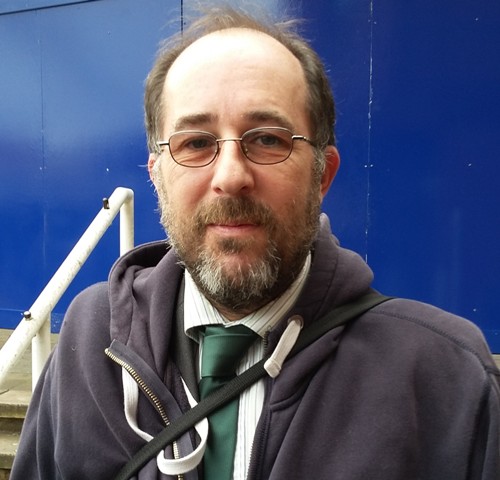Social media sites play a huge part in daily communication, and the question of how far they should policing content, tweets, posts and pictures, posted on their sites has become a hot topic.
This week representatives from Twitter, Google and Facebook spoke to a select committee of MPs about the issue of online extremism, Google announced a plan to direct terrorism searches towards anti-extremism literature.
Google was also accused of promoting the Conservative party after receiving a generous tax agreement, when users found its autocomplete function showed negative results for other parties but not the Tories.
Controversial tweeter Daryush ‘Roosh V’ Valizadeh cancelled a series of worldwide meetups this week after prompting outrage and vitriol for advocating women being banned from voting, and saying women with eating disorders make the best girlfriends.
Facebook also got into hot water for being too overzealous in its decency settings and removing pictures of breast-feeding mothers, so how far are these companies responsible for what people post on their site?
We went out to speak to people in Wimbledon and find out their views on the subject.
Should social media companies stay neutral no matter what their users are posting?
YES NO
67% 33%
Sally Hutchings, 48, Kingston-based solicitor, considered: “Yes – except for things that incite violence, or racial abuse.”
Croydon courier, 42-year-old Andy Hall, had concerns, saying: “It depends, if it’s completely racist then no.

ANDY HALL: Concerned about children seeing violent videos
“There was a bad video on Facebook, of a dog being beaten, stuff like that I think they should intervene and not go out especially with kids, at the end of the day it’s a minefield.”
Phillip Jones, 31, a Wimbledon barman and musician, said: “It’s a tough question. No matter what you do, people will post their opinions, about refugees, and talk politics.
“You can’t do anything, if you forbid people posting on Facebook people will just remove their accounts, it’s just a part of the internet.
“You can say what you want to say, though it’s changing – now our own employers can check out accounts.”
Steve Black, 50, from Sheffield, who works in construction, was clear they should stay neutral.
“It’s a business, it’s there for them to provide a facility, the user can put what they want.”
Fulltime Wimbledon mother Cecilia Arrimadas, agreed with this view but thought it was unlikely.
She said: “They are enterprises. They belong to global businesses, so it’s impossible that they are neutral, they have to defend financial of political interests.”
And Surbiton banker Craig Jenkins, 49, agreed it was a difficult matter.

CRAIG JENKINS: Free speech has consequences
“It’s a freedom of speech matter. You can’t go round accusing people of horrible things and just get away with it,” he said.
“But then I always think that any argument that’s stupid, is an argument that can be argued against.
“I think people should be allowed to say what they want but they will have to face the consequences if they’re being stupid or ridiculous – it should be open for debate.”
Picture courtesy of Rachel Johnson, with thanks



